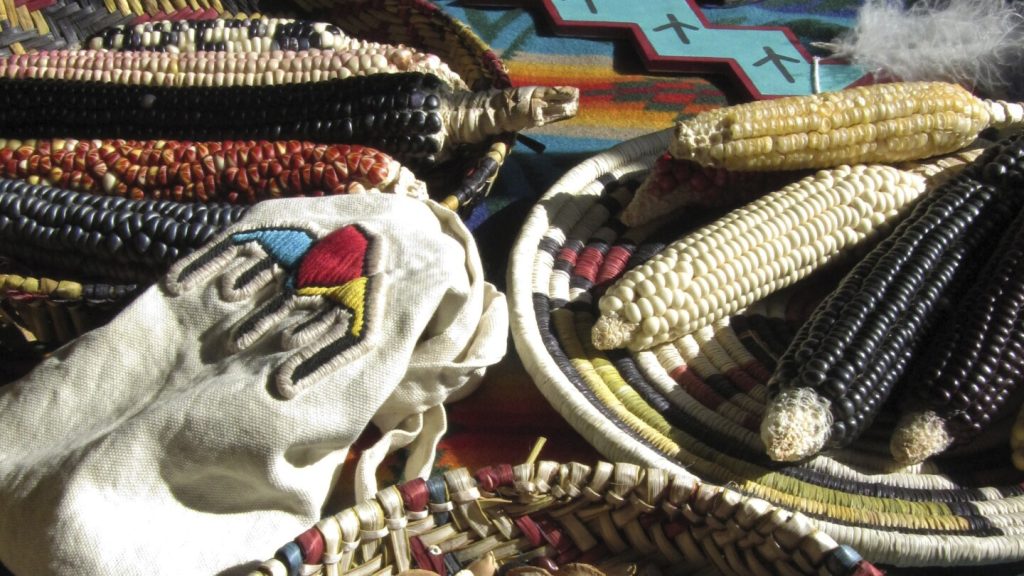The federal government and the state of Arizona have taken a significant step in fulfilling a settlement agreement with the Hopi Tribe, nearly three decades after it was reached. This agreement involves transferring dozens of square miles of state land into trust for the tribe. The tribe will compensate the state nearly $4 million for more than 31 square miles of land near Winslow. This transfer of land aims to help eliminate the checkerboard of ownership that characterizes much of the lands used by the tribe for ranching in northeastern Arizona.
The settlement agreement stems from the 1996 Navajo-Hopi Land Dispute Settlement Act, which ratified an agreement between the Hopi and federal government to set conditions for taking land into trust for the tribe. The history of land disputes in northeastern Arizona has been bitter, with conflicts between the Hopi and the Navajo Nation lasting for generations. Following the 1996 settlement, the Hopi Tribe has been working to purchase private land and take neighboring state lands into trust to consolidate property for the tribe’s benefit.
Multiple roadblocks have been encountered along the way, including a failed attempt in 2018 to transfer land south of Interstate 40 with the support of local governments in northern Arizona. However, the recent condemnation filing represents a historic day for the Hopi Tribe, with Hopi Chairman Tim Nuvangyaoma expressing gratitude for those involved in making the filing a reality. This moment comes during the tribe’s time of the soyal’ang ceremony, signifying the start of the New Year and the revitalization of life.
The transfer of land into trust holds the promise of more economic opportunities for the Hopi Tribe, similar to the recent acquisition of land near Flagstaff by the Navajo Nation. The Navajo Nation is considering building a casino on the newly acquired land, which could provide significant economic benefits. For the Hopi, the state lands near Winslow that are part of the condemnation filing have been leased by the tribe for ranching and agricultural purposes. Federal officials anticipate more condemnation actions that would ultimately transfer over 170 square miles of state land into trust for the Hopi Tribe, providing further economic potential.
Arizona Governor Katie Hobbs, reflecting on the historic agreement, acknowledged the long-standing fight for the rights of tribal communities and emphasized the importance of creating opportunities for all Arizonans to thrive. The agreement represents a step towards realizing these values and providing a space for tribal communities to call home. This significant development marks a turning point in the resolution of longstanding land disputes in northeastern Arizona and signifies a new chapter of economic growth and development for the Hopi Tribe.














